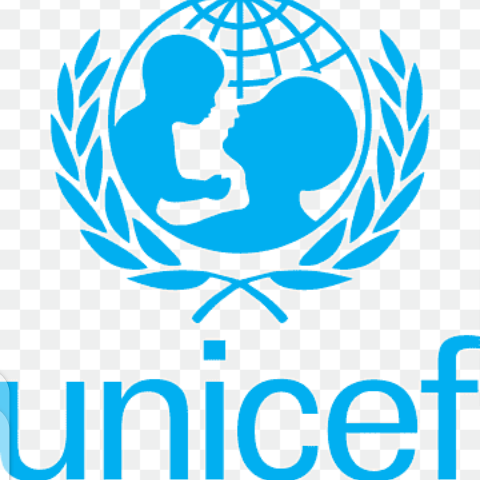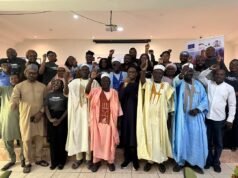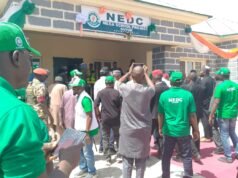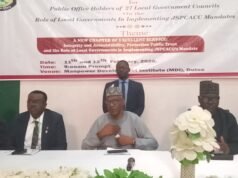From Mika’il Tsoho, Dutse
The United Nations Children’s Education Fund (UNICEF), expressed concerns about percentage of women that hold position, as head teachers or deputies in Jigawa Educational system.
The concerns raised by Mr Rahama Rihood Muhammed Chief of UNICEF Kano Field Office, at the dessemination workshop on Role of women in leadership positions in the basic education sector in Jigawa state organized by High Level Women Advocates (HiLWA/ with support from European Union (EU), held at manpower development Institute in Dutse.
According to him, the event provides an opportunity to reflect—not only on the achievements so far—but also on the gaps that remain in ensuring equal opportunities for women and men within our education system.
“The findings of this study are both revealing and thought-provoking.
They show that while women form the majority of the teaching workforce in Jigawa State, only 14 percent currently occupy leadership positions such as head teachers or deputies”, he said.
This means that despite their qualifications, experience, and commitment, the vast majority of women remain excluded from key decision-making roles—roles that shape how schools are managed, how teachers are supported, and how students learn.
He maintained that, study also tells us that while policies and opportunities for leadership exist, in practice, they often favour men. Cultural and social norms, family expectations, and institutional biases continue to limit women’s advancement.
“These are not just numbers—they represent untapped potential and missed opportunities”. Adding that when capable and dedicated women are left out of leadership, our education system loses balance, perspective, and strength.
Mr Muhammed said, this situation is not unique to Jigawa; it reflects a wider national challenge across Nigeria. Yet, we also know from evidence and experience that when women lead, schools thrive. We see stronger management, better community engagement, and improved learning outcomes—especially for girls.
Indeed, as one principal once said to me, “When girls see women leading their schools, they see what they can become.”
That is why, for UNICEF, gender equality in education is not just about getting girls into classrooms. It is about ensuring that women—who are the backbone of our education system—are also leading, influencing, and transforming those systems from within.
This vision is at the heart of the UNICEF Gender Action Plan (2022–2025), which calls for women’s full participation and leadership across education and other sectors. The Plan reminds us that achieving gender equality requires tackling deep-rooted barriers, transforming harmful social norms, and creating enabling environments where women can thrive and lead confidently.
The Chief of UNICEF Kano Field Office then, on behalf of UNICEF commended the High-Level Women Advocates – HiLWA – for their vision, commitment, and leadership in initiating this crucial study. I would also like to express deep appreciation to the European Union for providing the financial support that made this research possible.
According to him, European Union has been a steadfast partner to UNICEF and the Government of Nigeria, working hand in hand to strengthen education systems, improve learning outcomes, and advance gender equality across states, including Jigawa. We are truly grateful for this partnership.
“I also wish to recognize the leadership of the Jigawa State Ministry of Basic Education and the State Universal Basic Education Board (SUBEB), whose collaboration continues to drive progress in improving access to quality education for all children in the State.










